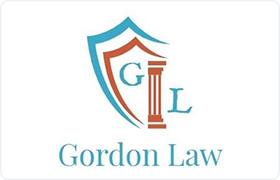 Cherryville Juvenile Law Lawyers, North Carolina
Cherryville Juvenile Law Lawyers, North Carolina
Sponsored Law Firm
-
 x
x

Click For More Info:
-
The Law Offices of Andrew L. Gordon, PLLC.
725 E. Trade Street Suite 205 Charlotte, NC 28202» view mapCriminal Defense Law Fighting For Your Rights
Everyone knows that the law is not a simple topic. But when you meet with a Gordon Law attorney, the confusion will clear up before you know it.
800-941-2360
Lawyers
1-7 of 7 matches
Estate Planning, Family Law, Juvenile Law, Litigation
Civil & Human Rights, Criminal, Juvenile Law, Family Law
Juvenile Law, Wrongful Termination, Criminal, Workers' Compensation
Traffic, Divorce & Family Law, Juvenile Law, Criminal
Divorce, Child Custody, Juvenile Law, Children's Rights, Other
Personal Injury, Juvenile Law, Family Law, Mediation



 Andrew Gordon Charlotte, NC
Andrew Gordon Charlotte, NC Practice AreasExpertise
Practice AreasExpertise